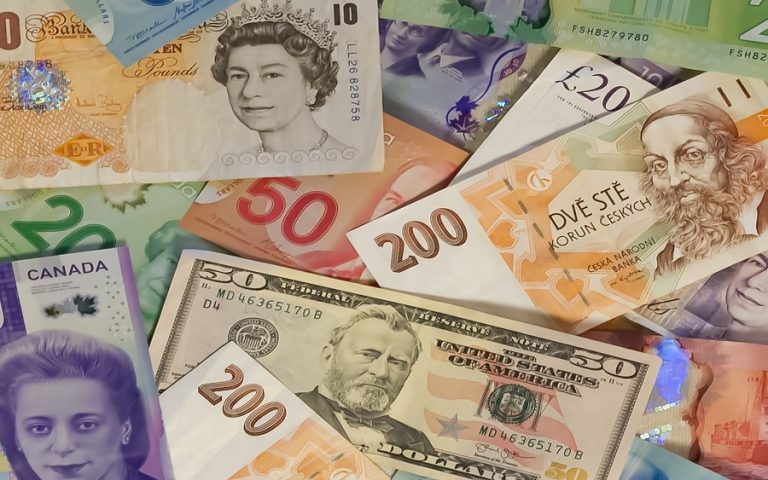Currency trading continues to be the world’s most important financial market. The market is crowded with traders and investors and is quite liquid.
Because of the market’s extreme volatility, traders can profit by timing their purchases or sales of currencies. Retail investors who are thinking about getting into this industry need to be well-versed in both its general characteristics and its peculiarities.
The high level of liquidity makes it simple for currency traders, banks and institutions to buy or sell currencies without significantly shifting the market or suffering financial losses from slippage.
Foreign currency trading includes a high degree of risk and isn’t appropriate for every investor, just like many other types of investments.
You can end up losing all you invested as well as more money. As a result, you must be aware of the hazards connected to this product.
Forex deals are extremely risky even if they can only be made in percentages of a single point. Since it takes a lot of money to make a sizable profit in forex, a lot of traders use a lot of leverage.
Although it is hoped that their leverage will generate profits, leveraged bets typically result in tenfold higher losses.
Building a strong education is crucial for many FX traders because it will benefit them in the long run.
Gaining proficiency in low-risk trading methods and sound fundamental and technical analysis can help you build your confidence, develop new abilities, and strategically plan your transactions.
You will eventually hone your abilities, recognize them, and accomplish your trading objectives if you have patience and make thoughtful plans.
A lot of Forex brokers will supply you with the means and instruments to advance your trading career. Before diving in headfirst, though, make sure you use minimal leverage and avoid taking unnecessary risks with your money and account. The more work you put in before a trade, both in terms of technical and fundamental analysis, the higher your chances of success.
Experts minimize their losses by making significant gains when their currency call turns out to be accurate. Most retail traders, on the other hand, go the opposite way; they make little profits on several positions but lose a lot of money by hanging onto a bad trade for too long. You can lose more money because of this than you originally invested.
Global Tier 1 banks have extensive trading operations that are linked to the currency market and possess information that retail traders do not have access to, such as commercial forex flows and clandestine government action.
With forex, one might potentially earn a significant sum of money, but doing so will require a significant amount of research, persistence, and acceptance of the possibility of losing money.
The trading instruments utilized in forex trading are very volatile. Global market dynamics and common economic factors influence profitability.
Have a thorough understanding of the market, your motivations for investing, and your objectives before entering any financial market.
The best course of action is to trade FX, as it is the biggest traded financial market with a daily average trade of more than $7.5 trillion.
It would be wise to take some precautions if you decide to give forex trading a try: pick a reliable forex brokerage, keep your stop-losses tight, and limit your leverage. Even so, there’s still a good chance that these steps will help you somewhat level the playing field.

